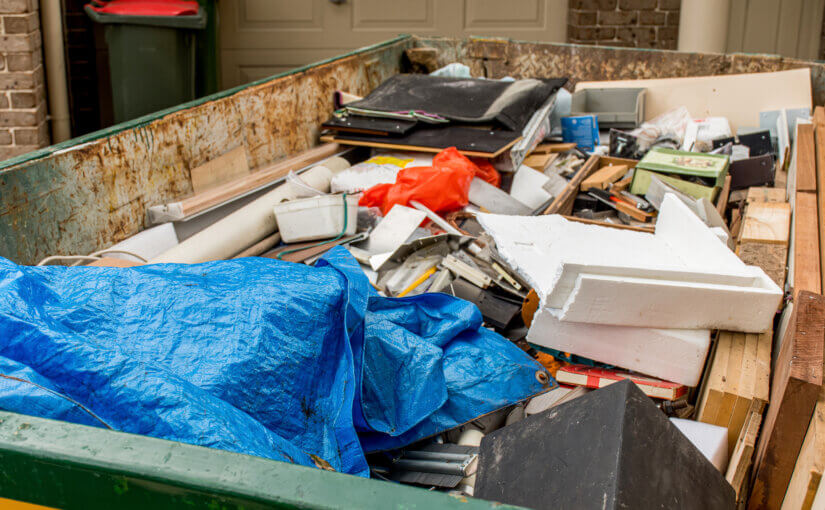We’ve all heard of skip hire, but have you ever considered buying a skip? With multiple skip options available, there are plenty to choose from, and you may prefer owning your own skip instead of hiring one.
Before purchasing a skip, you always need to consider the purpose of the skip and your requirements, including how long you will be using it, etc.
Sizing
It’s essential to consider the size of the skip. How much space do you have to store the skip? What kind of skip are you needing?
There are different skip options are available when hiring or purchasing a skip. The size you choose depends on your requirements. If you are working on a giant project, a large skip may be more beneficial. However, a larger skip will likely cost extra, as will the the transport of the skip.
There are multiple types of skip to consider:
- Builder’s skips (6 & 8 yard skips) – Perfect for clearing out your home or small office space, capacity of 50-60 bin bags
- Maxi skips (12 & 14 yard) – For larger offices, house, garage, or garden clearances, capacity of 100-140 bin bags
- Roll on, roll off skips (20 & 35 yard skips) – Designed for large industrial and commercial scale projects, capacity of around 220-260 bin bags
Skip Permit
Once you have decided where you want your skip to be, consider if you will need a permit.
It is the responsibility of a skip operator to apply for the permit, so, depending on where place the skip, always check to see if a permit is required. If the skip is on private land, you usually won’t need a permit. However, it is best to with a landlord or anyone else who has access to the area to be sure.
Transport
Another thing you should consider when purchasing a skip is the transport. How are you going to move it around? This won’t be an issue if you are also investing in a skip lorry alongside your skip purchase. However, if you aren’t, you may want to consider how you will transport your skip once it has been filled.
When considering this factor, ownership can be more difficult. When you hire a skip, this aspect is already taken care of and not something you need to worry about, as the skip is transported to and from your chosen location.
Where do I dispose of the waste?
The owner of the skip owns the waste inside. This means everything you put into it belongs to you and is your responsibility to dispose of correctly. If you do not dispose of the waste correctly, you could end up with a fine.
When purchasing a skip, you may need to check with your local authorities what the rules and regulations are about disposing of skip contents and if this comes with any fees for large amounts of waste.
Price
Purchasing a skip can be one big upfront cost ranging from around £400-£3,000, depending on the skip size you wish to purchase and what your requirements are. The great thing about owning a skip, however, is that nobody can take it away, and you aren’t paying for it on a weekly or monthly basis.
Although ownership might seem cost-efficient in the long run, there are hidden costs and unexpected fees that could creep up on you at any point. This could be for waste disposal or permit costs, which can all add up — not ideal if you’re renovating on a budget.
Skip Hire generally works out cheaper as the logistics and disposal side of things is already sorted for you and is usually included in your one-off cost of around £80-£100, depending on the skip hire company and how long you need to hire a skip for.
